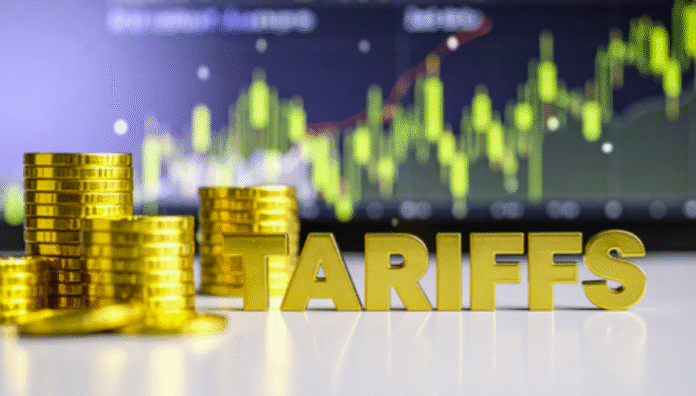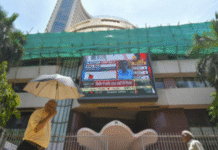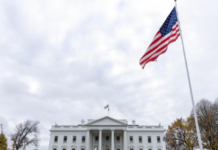New Delhi– Strong corporate balance sheets, potential bilateral trade agreements, and possible government support for affected industries could help cushion the credit impact of the United States’ increased tariffs on Indian goods, according to a report released Tuesday by Crisil.
The rating agency noted that government measures to protect tariff-hit sectors will be crucial. The timing of the tariffs coincides with significantly strengthened corporate balance sheets, which could help absorb some of the pressure.
The US has imposed a 25 percent tariff on imports from India, a move expected to significantly hit earnings in industries such as diamond polishing, shrimp, home textiles, and carpets. An additional 25 percent tariff — set to take effect on August 27 as a penalty for India’s import of Russian crude oil — will further strain exports, impacting ready-made garments (RMG), chemicals, agrochemicals, capital goods, and solar panel manufacturing, all of which have substantial exposure to the US market.
“The extent of the impact will vary depending on a sector’s exposure, ability to pass on higher costs to customers, and the relative tariff disadvantage compared to competing nations,” Crisil said. “A potential second-order effect — including a slowdown in US demand and varying tariff rates across countries that could reshape global trade dynamics — also warrants close monitoring. Any trade agreement between India and the US in the coming days will be key.”
In fiscal year 2023–24, the US accounted for 20 percent of India’s merchandise exports and 2 percent of its GDP.
For sectors such as RMG, agrochemicals, specialty chemicals, and capital goods, the initial 25 percent tariff is expected to be more manageable, given their moderate US exposure (5–20 percent of total revenue) and limited tariff disadvantage, which may allow partial cost pass-through to customers. However, the additional 25 percent levy will have an adverse effect across all affected sectors.
India’s solar panel manufacturing industry is likely to see minimal impact on volumes and profitability, as US exports account for just 10–12 percent of sales, a share expected to fall further this fiscal due to rising domestic demand.
Some sectors with significant US trade exposure — including pharmaceuticals and smartphones — remain exempt from tariffs, while existing rates for steel, aluminum, and certain auto components remain unchanged for now. Any adjustments to these will be closely tracked, Crisil said. (Source: IANS)














